Freddie Flintoff's bulimia documentary: 'It gave me a sense of relief'
- Published
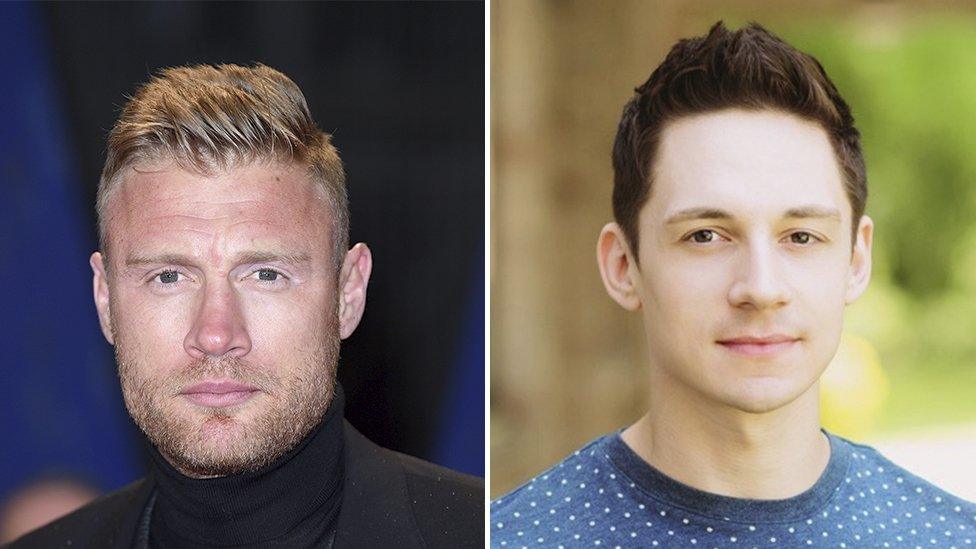
James Downs describes his battle with bulimia as "an isolating experience".
But he says seeing people like ex-England cricketer Andrew Flintoff - AKA Freddie - discuss the eating disorder in a BBC documentary makes him feel less alone.
"The more invisible things are, the less likely you are to share things," says James.
Experts estimate at least 1.5 million people in the UK - of which 25% are male - have an eating disorder.
Bulimia, external is an eating disorder and mental health condition where people binge on food and then make themselves vomit, take laxatives or exercises excessively.
If you need help or support to do with any of the issues raised in this article you can take a look at BBC Action Line.
Freddie Flintoff: Living with Bulimia is on iPlayer now.
Andrew Flintoff on bulimia: 'It's such a hard thing to admit'
'I had to stop watching at times'
In the documentary, Freddie Flintoff describes how his struggle with bulimia began when focus was put on his weight during the early part of his international playing days.
The details of his story made it "a difficult watch" for James.
"I did actually have to stop it a couple of times, because the things that Freddie was saying were really close to my own experience," he says.
James wishes he'd "seen people like Freddie" when he was younger, as he might have felt that it wasn't his fault.
"It's really difficult when you don't see yourself reflected in the services around you, or you're told by this lack of visibility, that your experiences aren't real."
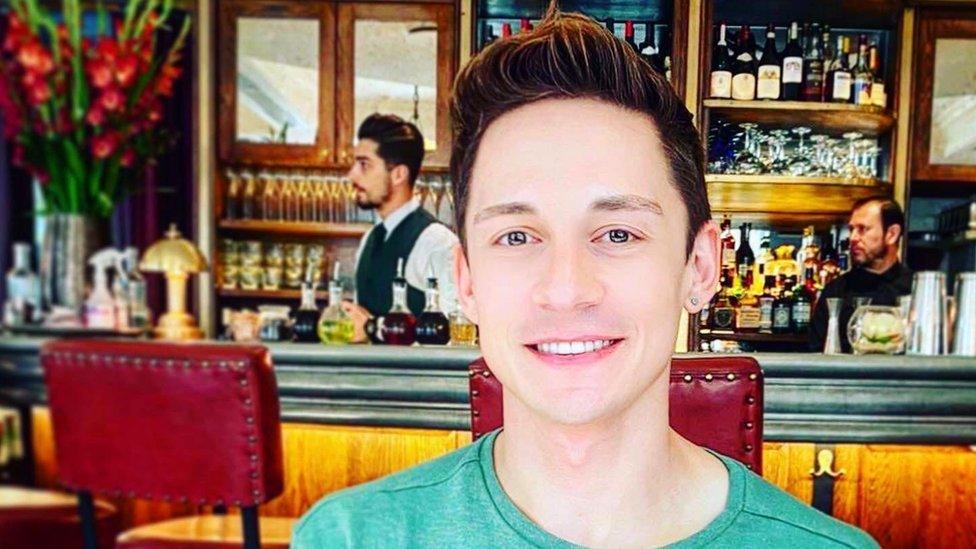
James says he's "hardly ever met" male patients like him
'Being a man with an eating disorder can be lonely'
James initially developed anorexia as a teenager.
Anorexia is usually characterised by someone fasting or starving themselves to lose weight, rather than binging and purging.
"When I regained weight, I was left with bulimic symptoms, which is quite a common experience for people," the 31-year-old tells Radio 1 Newsbeat.
He says it took six years before he got treatment.
"It's quite hard to come forward and ask for help, and by the time you get that help, it can be harder to deal with."
James hasn't "fully recovered" yet and still faces difficulty with bulimia.
"It's an ongoing process for me. And I think if I had help earlier on, then maybe I wouldn't still be living with an eating disorder now," he adds.
"Thinking about the impact it's had on my life makes me really sad."

Getting help
Beat - a charity that helps people with eating disorders - say anybody who is worried about themselves or others should seek support as soon as possible.
Rebecca Willgress from the charity tells Newsbeat that eating disorders "can affect anyone of any age, gender, race or background.
"They are serious mental illnesses but we know making a full and sustained recovery is possible."
She adds: "Beat has a helpline that's open every day of the week for you to phone, and talk through what's going on.
"Speak to your GP to find help and the right treatment for you."

James thinks Freddie's documentary will "lift the lid on the problem" and be helpful to men.
"Being a man with an eating disorder can be especially isolating and lonely, because you don't hear or see other people like you talking about experiences you're going through.
"So when somebody who's really high-profile does come out and talk about it, it's a sense of relief."
He thinks bulimia often stays further under the radar than anorexia.
"But the documentary showed you can be at the top of your game and still be really struggling with something that can have a big impact on your health."
The BBC has seen TikTok videos encouraging starvation and bulimia.
'You don't need to suffer alone'
For one 17-year-old, who we are keeping anonymous, there was one part of the documentary which stood out.
"The moment he thinks about going to a specialist. That resonates with me because it took me a long time to speak to someone," he told Newsbeat.
He feels the documentary will raise awareness and "let people know you don't need to suffer alone".
It's been five months since he last made himself sick and he credits his progress to the people around him, like his mum.
"If I felt like I wanted to be sick, she would make me realise that I am just hurting myself."
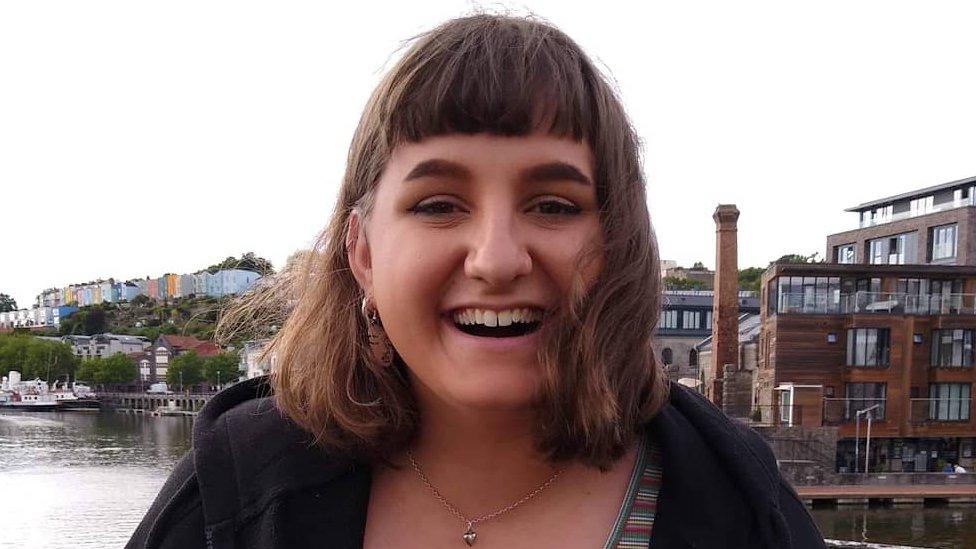
Rosie says she recognised her own journey in Freddie Flintoff's documentary
Not just about vomiting
It's not only men that Freddie Flintoff's story can help.
Rosie Forder, who's 20, thinks someone as high-profile and successful as Freddie Flintoff being so open can help remove stigma around eating disorders.
"It's assumed you can just stop purging and just eat properly. That's the mentality around it.
"If that's the case, eating disorders wouldn't exist."
She adds: "His whole journey of realising that it isn't just purging, but also things like over-exercising, which he wasn't aware of before."
That's something Rosie relates to as she didn't initially think her binge-eating was a disorder.
"I had a similar journey to him when I realised this is an issue. Especially when I started restricting and thought it went beyond just being on a diet and losing some weight."


Follow Newsbeat on Instagram, external, Facebook, external, Twitter, external and YouTube, external.
Listen to Newsbeat live at 12:45 and 17:45 weekdays - or listen back here.
- Published30 July 2020
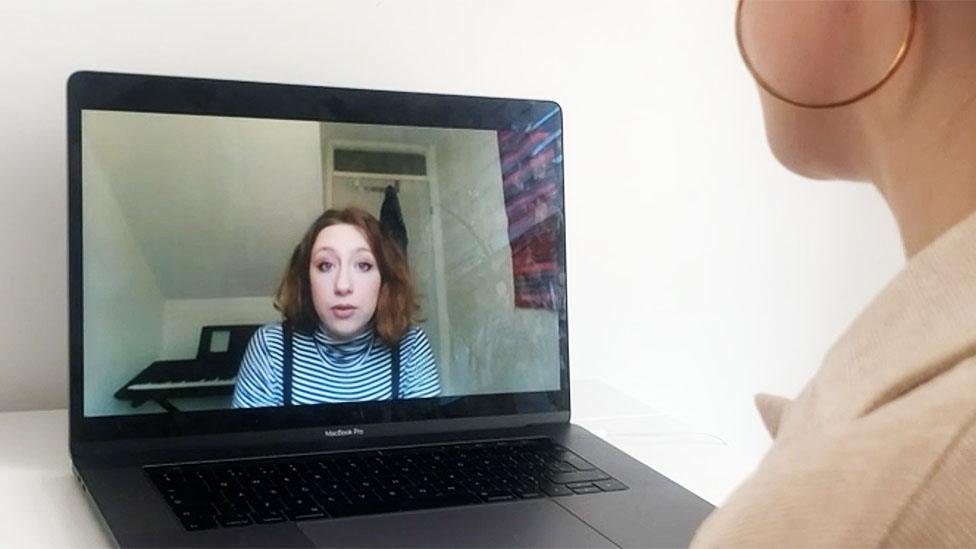
- Published17 September 2020
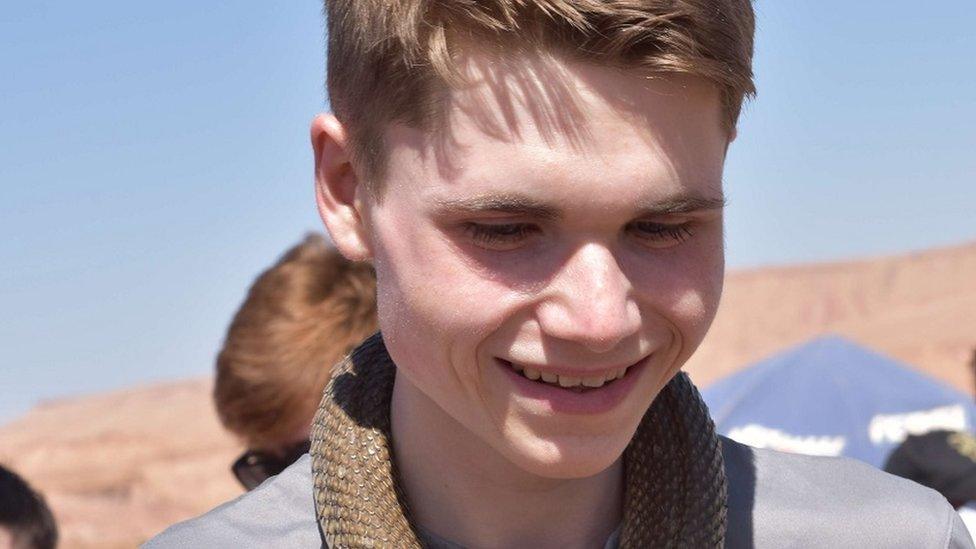
- Published22 June 2020
